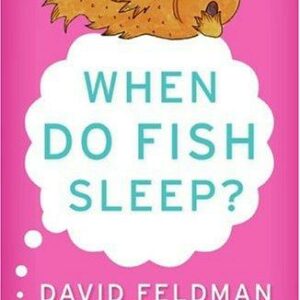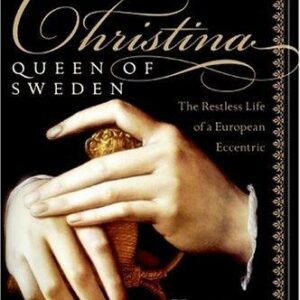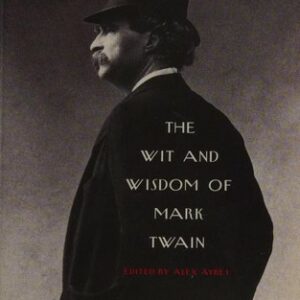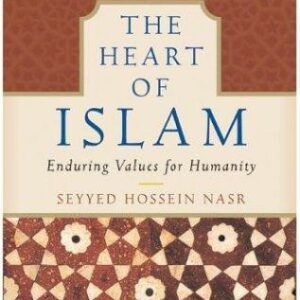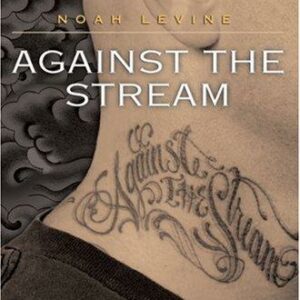Italian Journey
$19.00
| Title | Range | Discount |
|---|---|---|
| Trade Discount | 5 + | 25% |
- Description
- Additional information
Description
Goethe’s account of his passage through Italy from 1786 to 1788 is a great travel chronicle as well as a candid self-portrait of a genius in the grip of spiritual crisis.
For more than seventy years, Penguin has been the leading publisher of classic literature in the English-speaking world. With more than 1,700 titles, Penguin Classics represents a global bookshelf of the best works throughout history and across genres and disciplines. Readers trust the series to provide authoritative texts enhanced by introductions and notes by distinguished scholars and contemporary authors, as well as up-to-date translations by award-winning translators.Italian Journey – Goethe Translated by W. H. Auden and Elizabeth Mayer
Introduction by W. H. Auden and Elizabeth Mayer
Part One
From Carlsbad to the Brenner, September 1786
From the Brenner to Verona, September 1786
From Verona to Venice, September 1786
Venice, October 1786
From Ferrara to Rome, October 1786
Rome, First Roman Visit, October 1786-February 1787
Part Two
Naples, February-March 1787
Sicily, March-May 1787
Naples, May-June 1787
Part Three
Rome, Second Roman Visit, June 1787-April 1788
June 1787
July 1787
August 1787
September 1787
October 1787
November 1787
December 1787
January 1788
February 1788
March 1788
Index
Johann Wolfgang von Goethe was born in Frankfurt-on-Main in 1749. He studied at Leipzig, where he showed interest in the occult, and at Strassburg, where Herder introduced him to Shakespeare’s works and to folk poetry. He produced some essays and lyrical verse, and at twenty-two wrote Götz von Berlichingen, a play which brought him national fame and established him in the current Sturm und Drang movement. This was followed by the novel The Sorrows of Young Werther in 1774, which was an even greater success.
Goethe began work on Faust, and Egmont, another tragedy before being invited to join the government of Weimar. His interest in the classical world led him to leave suddenly for Italy in 1786 and the Italian Journey recounts his travels there. Iphigenia in Tauris and Torquato Tasso, classical dramas, were written at this time. Returning to Weimar, Goethe started the second part of Faust, encouraged by Schiller. In 1806 he married Christiane Vulpius. During this late period he finished his series of Wilhelm Master books and wrote many other works, including The Oriental Divan (1819). He also directed the State Theatre and worked on scientific theories in evolutionary botany, anatomy and color. Goethe completed Faust in 1832, just before he died.
W.H. Auden was born in 1907 and went to Oxford University, where he became Professor of Poetry from 1956 to 1960. After the publication of his Poems in 1930, he became the acknowledged leader of the ‘thirties poets’. His poetic output was prolific, and he also wrote verse plays in collaboration with Christopher Isherwood, with whom he visited china. In 1946 he became a U.S. citizen. He died in 1973.
Elizabeth Mayer was born in Mecklengurg in 1884 and emigrated to the U.S. in 1936. In collaboration with Louise Blogan she translated Werther and Elective Affinities
GB
Additional information
| Weight | 12.4 oz |
|---|---|
| Dimensions | 0.9300 × 5.1000 × 7.8000 in |
| Imprint | |
| Format | |
| ISBN-13 | |
| Author | |
| Audience | |
| BISAC | |
| Subjects | biographies and memoirs, gifts for readers, autobiographies, book lover, travel gifts, travels, autobiography books, book lovers gifts, penguin classics, travel memoir, travel diary, memoirs, book gifts, long story short, book lover gifts, short story collections, travelogue, travel memoirs, goethe, italian books, italy books, autobiography, nature, biography, Italy, Memoir, classics, book lovers, travel, short stories, italian, history, LCO011000, bucket list, travel writing, sailing, TRV010000, biographies, Travel books, travel book, nature books |


